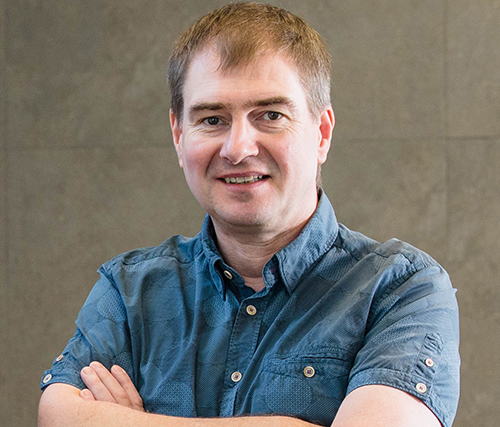Healthy partnership extended for further two years
Improving Australia’s safe drinking water standards and a nationwide wastewater sampling program linking with the Census are among projects as part of a $1.3 million partnership between The University of Queensland and Queensland Health.
The two-year agreement will support research and education activities conducted by UQ’s world-leading Queensland Alliance for Environmental Health Sciences (QAEHS).
Alliance Director Professor Kevin Thomas said QAEHS and Queensland Health shared a common goal – for healthy people to live in a healthy environment.
“Partnering with Queensland Health is an avenue to provide expert opinion, advice and training to those on the frontline, underscoring the relevance of our research,” Professor Thomas said.
“Our research addresses local, national and global environmental health science challenges, with previous investigations including wastewater testing as an early warning system for COVID-19, exposure to PFAS chemicals and the level of drugs found in sewers.
“Together, we will continue to simultaneously achieve first-class outcomes in research, training and partnership engagement.”
 Projects in the next two years will include a study led by Dr Phong Thai into the level of residual methamphetamine that people come into contact with through smoke absorbed by items like blankets and pillows.
Projects in the next two years will include a study led by Dr Phong Thai into the level of residual methamphetamine that people come into contact with through smoke absorbed by items like blankets and pillows.
The effects of maternal exposure to trihalomethanes, chemicals produced as a result of a reaction between chlorine, used for disinfecting tap water, and natural organic matter is another project being funded.
UQ Faculty of Health and Behavioural Sciences Executive Dean Professor Bruce Abernethy said the Alliance brings together environmental health science experts who have dedicated their careers to quantifying and combatting potential threats to people and the planet.
“QAEHS researchers are gaining global attention and advancing knowledge around emerging environmental health risks, to microbiology, toxicology, climate change, epidemiology and risk communication,” Professor Abernethy said.
“With high-quality interdisciplinary research, the team is addressing current and emerging environmental health challenges which have global importance.
“We look forward to this ongoing collaboration with Queensland Health.”
The extension of the agreement between QAEHS and Queensland Health will continue until mid-2023.

